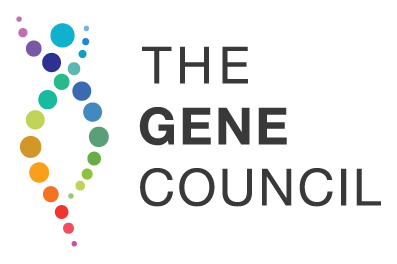Genetics is only part of what makes up your health. A genetic test won’t tell you that you will or won’t get cancer, but can tell you whether your risk is higher than someone else’s. You may be able to access earlier, more frequent or more sensitive cancer screening. You may also have other choices to prevent cancer, such as certain medications or preventive surgeries, and it may help you to make different lifestyle choices. Any option has benefits and limitations, and a genetic counsellor can talk you through them, and help you decide how you want to manage your risk. Even if your genetic test result is normal, a genetic counsellor can tell you if you might still be at risk based on your family history, or reassure you if you are not.
Even if you have cancer, some genetic tests can make a difference to your treatment, and you may have already spoken with your specialists about it. A genetic counsellor can work with you and your specialist to make sure that you get a genetic test result quickly that will give you the right information for your care. If you have had cancer, finding out if there is a genetic cause could be important for you, as you may still need extra screening for that type of cancer, or for other cancers.
Your genetic testing could also help your family to understand their risks. This can give them the best opportunity to reduce their cancer risk, catch it early, or prevent it before it happens.
See Understanding Your Risk for more tools to help you understand your risk of cancer.
